The landlocked country of North Macedonia is a parliamentary republic and has a population of around two million people. However, it did not get its current name until 2018. The country is characterized by ethnic diversity and the strong position of the Albanian minority. Therefore, an insight into the political and economic structures follows.
Establishment of the state of North Macedonia
In 1945, today’s North Macedonia became part of the Republic of Yugoslavia and codified the language Macedonian for the first time in the same year (no separate language had existed before). After the Second World War, the country was built according to the model of socialist self-government. North Macedonia was also the only country that managed to break away from Yugoslavia peacefully after a referendum in 1990. This was followed by the first free elections and a constitution based on the principles of the free market economy, pluralism, and the separation of powers.
However, the name dispute with Greece lasted until 2018, which criticized the similarity to the Greek region “Macedonia”. Finally, the name of the country was changed to the Republic of North Macedonia, which came into force in a constitutional amendment in 2019. [1]
The political system
The country’s president is elected by the people every five years and, in addition to representative tasks, has a suspensive veto in legislation. Social Democrat Stevo Pendarovski has been in office since 2019. After the elections, the majority in parliament and the president agree on the candidate for the post of head of government. After his re-election in 2020, Zoran Zaev was able to hold his position.
The one-chamber parliament has a total of 120 seats, with 28 of them reserved for Albanian parties. Characteristic of the North Macedonian party spectrum is not only that the parties correspond to the ethnic groups represented in the country, but also that since its independence there has always been an Albanian party in government. The strongest Albanian parties are BDI (Democratic Union for Integration) and AAA (Alliance for Albanians). The special position of the Albanian minority in the political system can be explained by the fact that only 64% of the population are Macedonians – the rest are Albanians or smaller minorities. There have been many conflicts with the Albanian minority, which were solved by the Ohrid Agreement: It established Albanian as the official language at the municipal level and expanded autonomy rights in heavily Albanian populated areas. [2]
Economy & International Relations
In comparison to the rest of Europe, North Macedonia has high unemployment – around 32%. Important sectors of the economy are the service and export sectors (especially iron, steel or industrial goods). The largest export partners are Germany and Greece. [3]
In addition to the name blockade of Greece, relations with neighboring Bulgaria are also complicated. Bulgaria still has reservations about the Macedonian language and ethnicity. In 2017, however, a friendship treaty improved relations.
After a stabilization and association agreement was agreed with the EU, North Macedonia became a candidate country in 2005. The Commission had previously criticized the country’s relations with Greece and Bulgaria. Nevertheless, Montenegro is a member of the UN, the Council of Europe, the WTO and the OSCE. In 2018 it was invited to join NATO and the joint finally took place in 2020. [4]
Christine Tapler

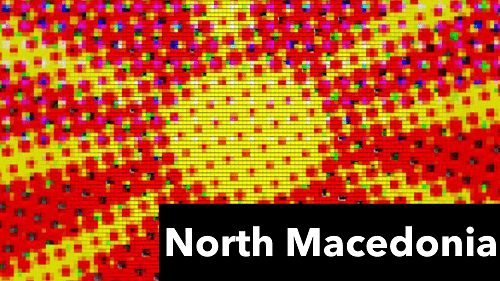
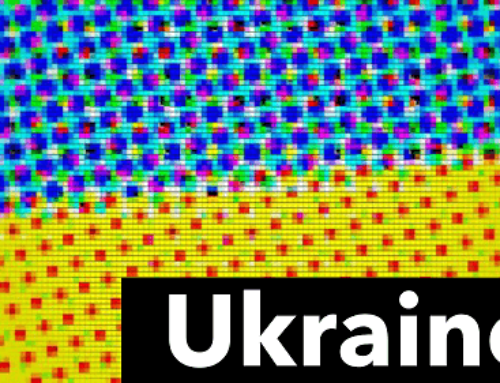
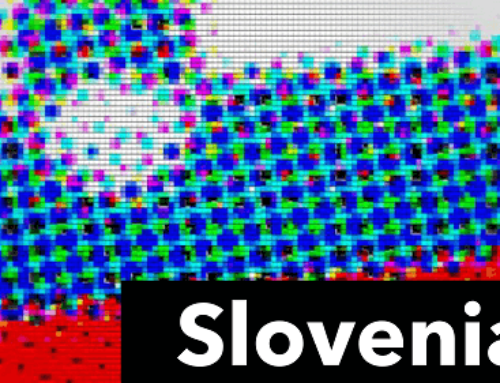
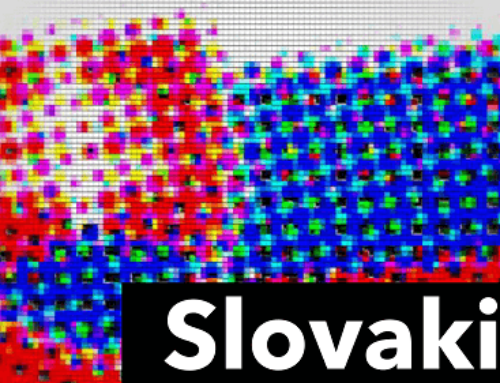
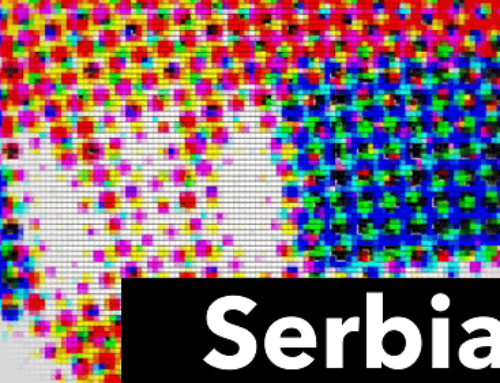
Leave A Comment